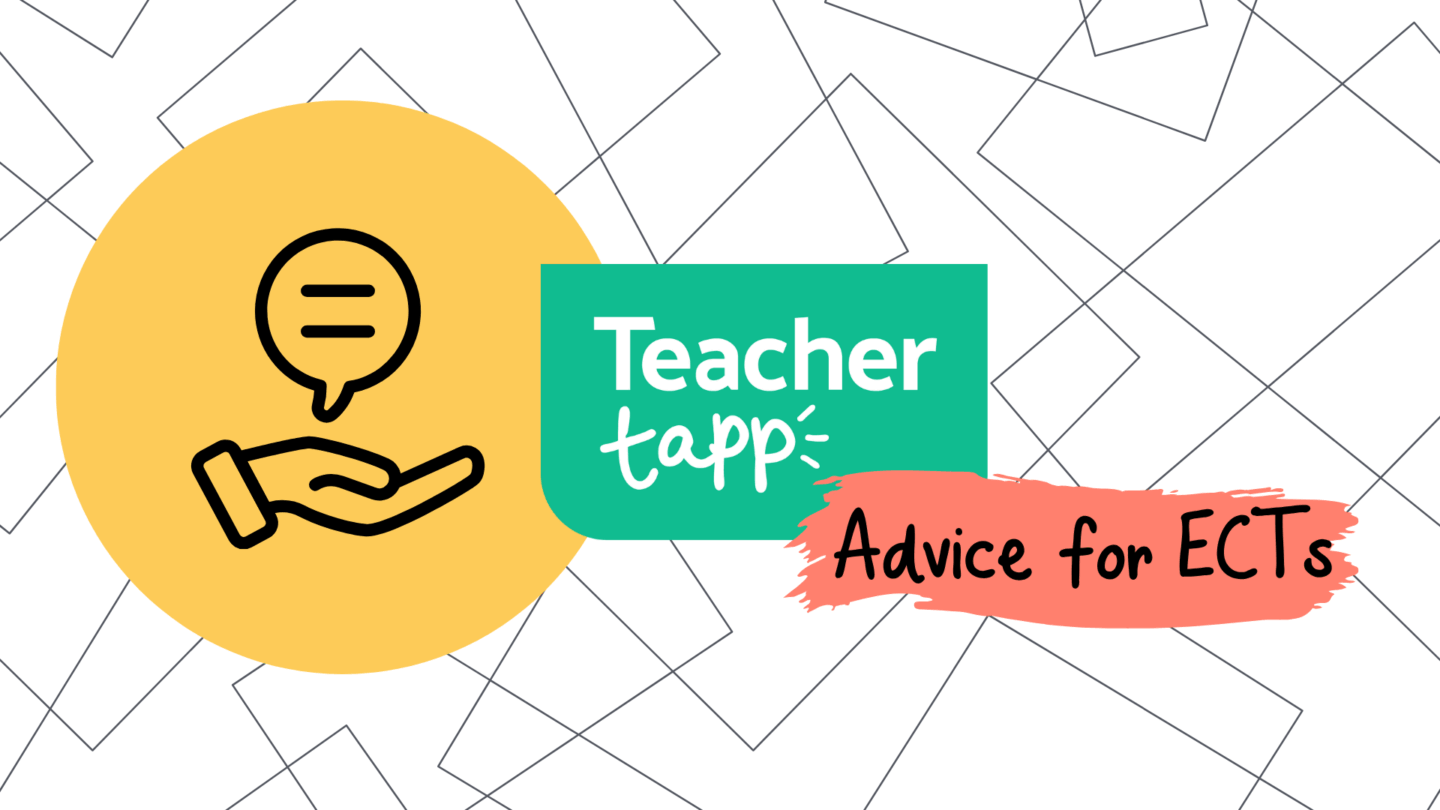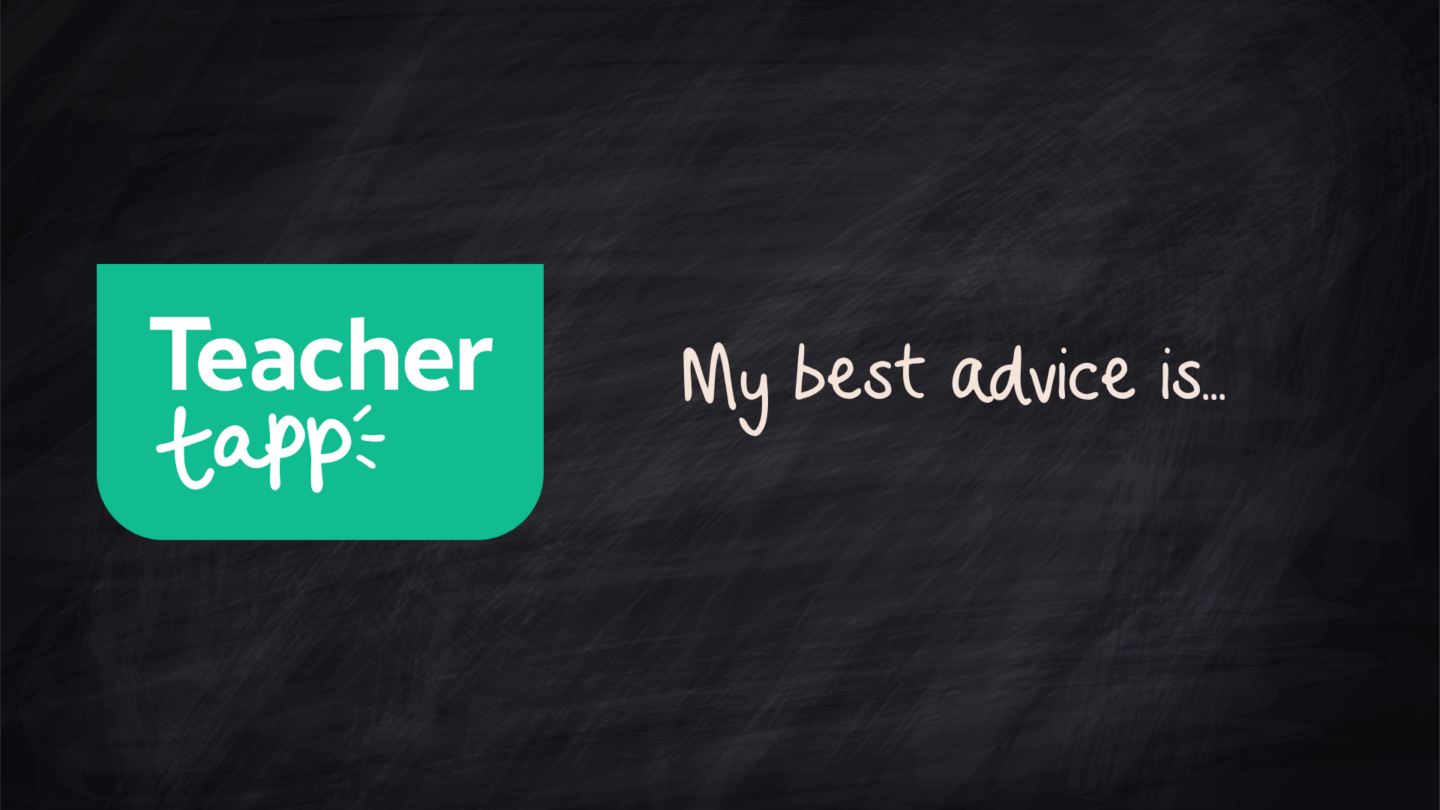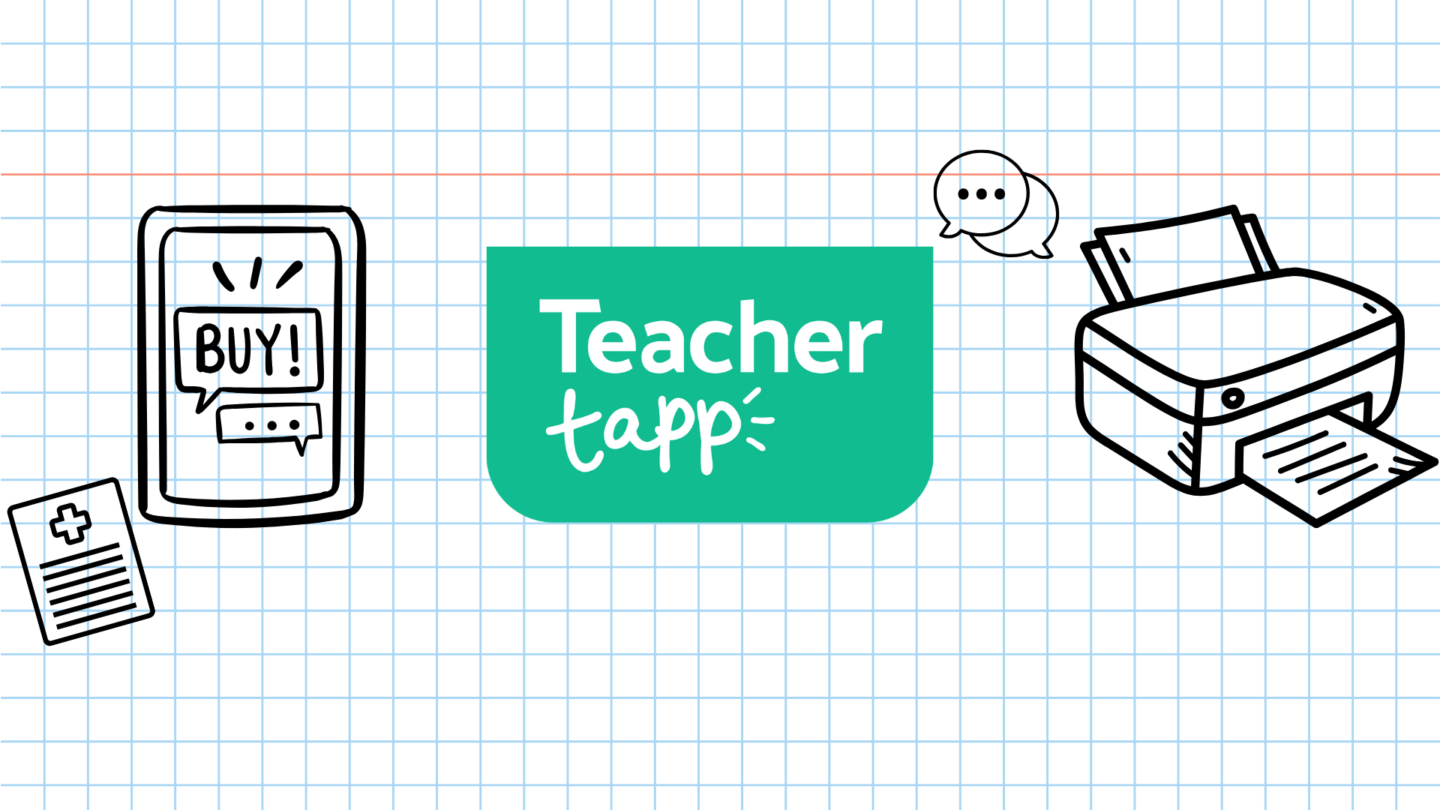Unproductive tasks
Over the past week, it’s been reported that the Education Secretary is looking at drastically reducing workload in a bid to end the strikes. So naturally, we’ve got workload on our minds and so we asked you to tell us about the unproductive tasks you are asked to do at school.
Senior leaders told us about the thousands of unproductive administrative tasks and meetings they take part in (such as preparing Ofsted documentation, reports to governors, SEF, SIP, NEA documents, DfE audits and surveys, Local Authority meetings, signing off invoices, raising requisitions, writing policies, writing impact statements for regional directors, student action plans, SEN paperwork…).
Classroom Teachers
We were particularly interested in those teachers at the start of their career without any significant responsibilities beyond the classroom. Is there anything we can do to reduce workload for them? First, let’s look at what the primary classroom teachers told us they spent unproductive time on:
- Unproductive marking – mentioned by 3-in-10 primary classroom teachers
- Data and paperwork – mentioned by 2-in-10 primary classroom teachers
- Display creation – mentioned by 1-in-10 primary classroom teachers
We were also amazed by the number who mentioned ‘trimming’, ‘gluing’, ‘cutting’ and ‘sticking’ as unproductive tasks. One teacher summed up their work as being: “Marking for the sake of it, replanning lessons for new initiatives, doing SLT’s admin”. Another said: “It feels like I’m a marking machine instead of a teacher.”
Secondary classroom teachers without leadership responsibilities were more diverse in the types of things they chose to mention, but they included:
- Excessive paperwork and bureaucracy – mentioned by 3-in-10 secondary classroom teachers
- Marking and assessment – mentioned by 2-in-10 secondary classroom teachers
- Ofsted preparation – mentioned by just under 1-in-10 secondary classroom teachers
- Data input and analysis – mentioned by just under 1-in-10 secondary classroom teachers
Someone mentioned a legacy of COVID – every lesson must be put on Google Classrooms, even though students off sick never complete them. One secondary teacher summed it up as: “Just general whimsical ill-thought through directives on day-to-day stuff, such as requiring an icon on all slides, logging every toilet request, and so on.”
Changes Over Time
Of course, some things have got better over recent years. The proportion of teachers saying they are required to submit student data six times a year (or more) has fallen substantially – just 4-in-10 are asked to do this, down from 6-in-10 back in 2017.

We had hoped the pandemic would help schools shake off some of the added extras that aren’t part of the core job. In primary schools, one example is running extra SATs ‘booster’ sessions – an activity that disappeared in 2020/21 (along with SATs). We saw them start to creep back in early 2022, with 42% running Year 6 boosters. This year the figure has almost returned to pre-pandemic levels, with 55% of primary teachers saying their school would run Year 6 booster sessions.

Planning lessons
We asked you a lot of questions about planning lessons this week. We know that some of you work in schools with extensive shared planning documents whilst others don’t. But do you find these documents and resources useful? It seems that secondary English, maths and languages teachers are most likely to find them useful , whereas those teaching the very small subjects, such as in the arts, DT, PE and so on, do not. Perhaps this is because your departments are simply not large enough to resource the creation of useful shared documents? Or perhaps your subjects simple do not lend themselves to centralisation of approach?

It is certainly the case that the arts and DT teachers are much more likely to express admiration about a teacher who generally uses their own lesson plans, rather than other people’s resources. By contrast, many maths teachers most admire a teacher who typically uses someone else’s resources. Maths is a subject with a very standardised curriculum across schools where there are amazing resources available on many websites.

Flying under the radar
You teach a class and have an amazing lesson with them. Which of your colleagues will notice? Well, nobody of course since you generally teach without other teachers in the room! This makes your job uniquely different to nearly all other professional jobs, and leads to this rather depressing chart. One-third of classroom teachers feel that, even if they did the best job possible, their school would fail to notice. Of course, the figure is much lower for more senior teachers who often visibly work alongside other adults.

However, you are valued as teachers. If you are ever in any doubt then save this link to a twitter thread that Laura McInerney made about the kindest things a pupil or colleague has ever done for you.
And finally…
The most read tip this week was: the first of a two-parter on how retrieval practice works
And here are the rest for your reference:





